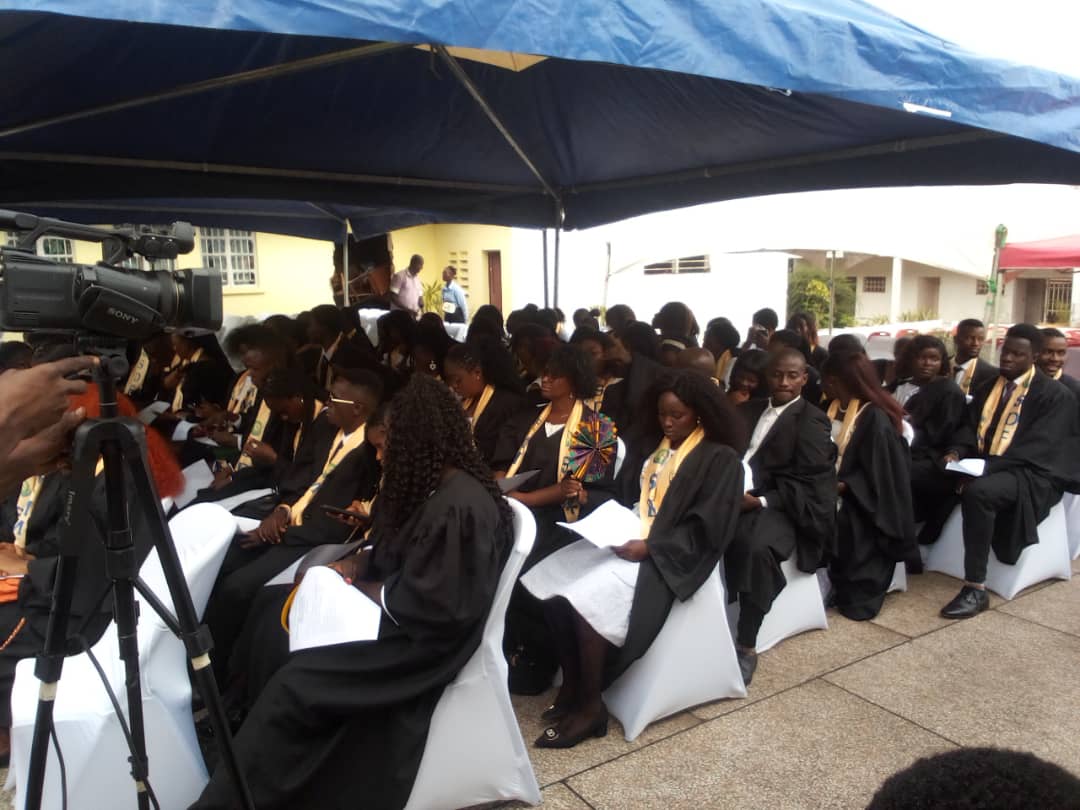By Sulaiman Aruna Sesay
Sierra Leone, a small West African nation, gained independence in 1961. The country has never fully enjoyed the benefits of self-rule. The nation has struggled to make progress and development in various sectors, and over sixty years after independence, Sierra Leoneans still grapple with many challenges.
It begs the question of what went wrong for Sierra Leone, a country which was once a hub of economic viability, political stability. A country with significant deposits of natural resources gathered a positive outlook, making it stands out as a country rich in mineral, diamond, and gold resources. Why are Sierra Leoneans still grappling with fundamental issues such as grave human rights abuse, high infant and maternal morbidity and mortality rates, lack of quality education and healthcare, infrastructure, and technology, among others?
The fundamental issue remains that Sierra Leone has yet to establish an effective system of governance. The country’s leaders have been unable to provide a blueprint for development to shift the cultural and social mind sets of the people. The nation suffers from a succession of poor leadership, gross corruption, and economic mismanagement, deeply entrenching poverty, disease, and ignorance among the populace.
Sierra Leoneans have contributed to the country’s socio-economic and political decline. Few citizens understand their civic responsibilities, leading to apathy towards the state and fostering a perception that failing to fulfil societal obligations is acceptable. Corrupt practices among the country’s citizens are also contributing to the poor economic performance.
In assessing who to hold responsible, Sierra Leone’s leadership shoulders much blame for the country’s misfortunes. Bad governance has led to an inability to create a stable political environment, riddled with pre-electoral violence and the undermining of democracy. The political class has also prioritized personal benefits and selfish interests over the country’s progress, perpetuating a culture of corruption.
Another critical issue that has stifled efforts towards progress is a lack of accountability. Poor political leadership has been allowed to thrive, with little or no consequence for their actions, leading to a lack of accountability and promoting a culture of impunity.
Sierra Leoneans play a significant role in the nation’s decline. It is easy to blame the leadership when significant issues like apathy towards state responsibilities and corrupt practices are deeply rooted in the culture of the people. Sierra Leoneans need to take responsibility for the state of their country. Sierra Leoneans’ involvement in governance processes and criticizing non-productive actions towards progress can help elevate the country.
The lack of progress in Sierra Leone is a multifaceted problem that requires a collective effort of the country’s leaders and citizens. Sierra Leone’s political leadership must prioritize the betterment of the country, practice good governance, and foster a culture of accountability to enable progress in the country. In turn, Sierra Leoneans must understand the role they play in supporting the country’s efforts towards progress and take active steps to hold the leadership accountable. Progress through an effective working relationship between the leaders and the citizens of Sierra Leone remains the key to the country’s success.












